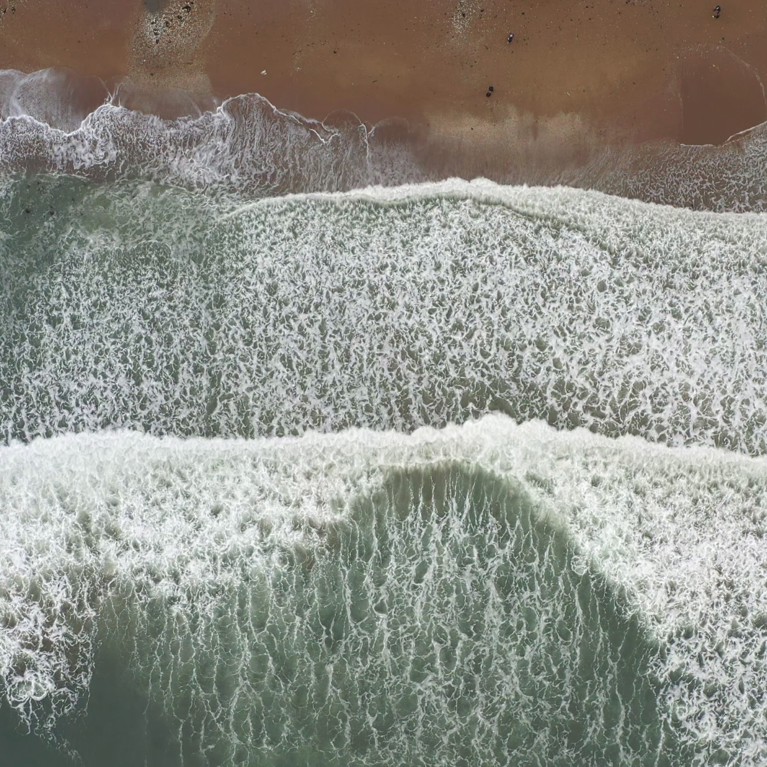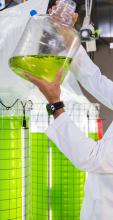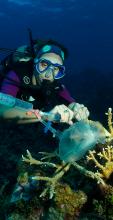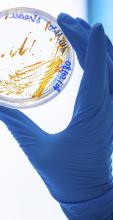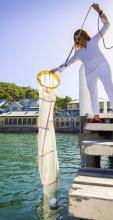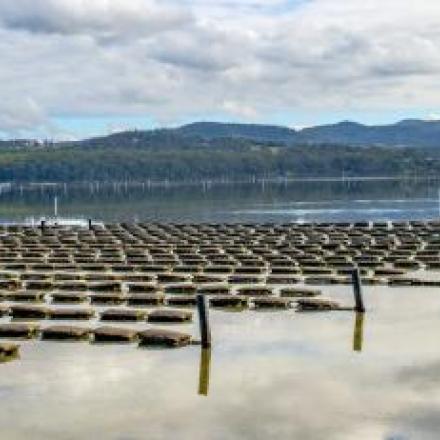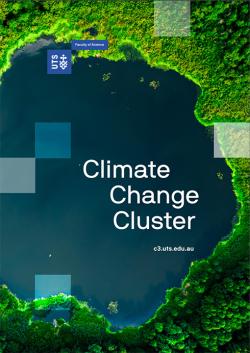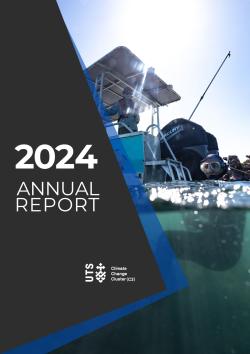The Climate Change Cluster (C3) provides a deeper understanding of the world’s aquatic plant and microbe ecosystems that are critical to the wellbeing of the global community. We produce new insights that address the challenges of human and ecological interactions with the climate.
-
Our research areas
-
Find out more about C3 research programs across algae, coral reefs and marine microbiology.
C3 news and projects
-
Fighting for the Future of Coral Reefs
Groundbreaking research from the Future Reef Team is revealing the secrets of 'super corals' and how their traits can be harnessed to create more resilient reefs
-
Algae Biotech Launches on a Mission to Tackle Climate Change
Built on the work of C3 researchers, newly founded biotech company Algenie will commercialise an innovative algae growth platform capable of producing the building blocks for sustainable plastics and fuels.
-
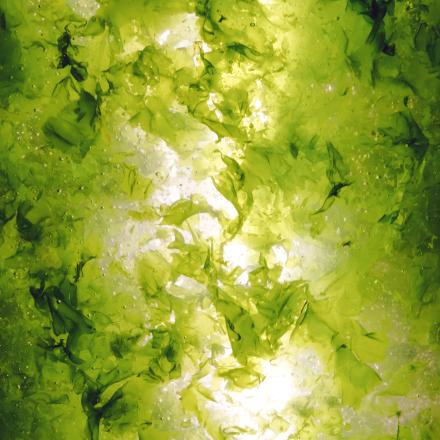 Deep Green Biotech Hub
Deep Green Biotech Hub -
Come on a C3 tour
Monthly tours of the C3 and Deep Green Biotech Hub give visitors a first-hand look at our innovative research facilities.
Climate Change Cluster (C3) Brochure (PDF, 3.3MB)
Climate Change Cluster (C3) 2024 Annual Report (PDF, 3.2MB)


